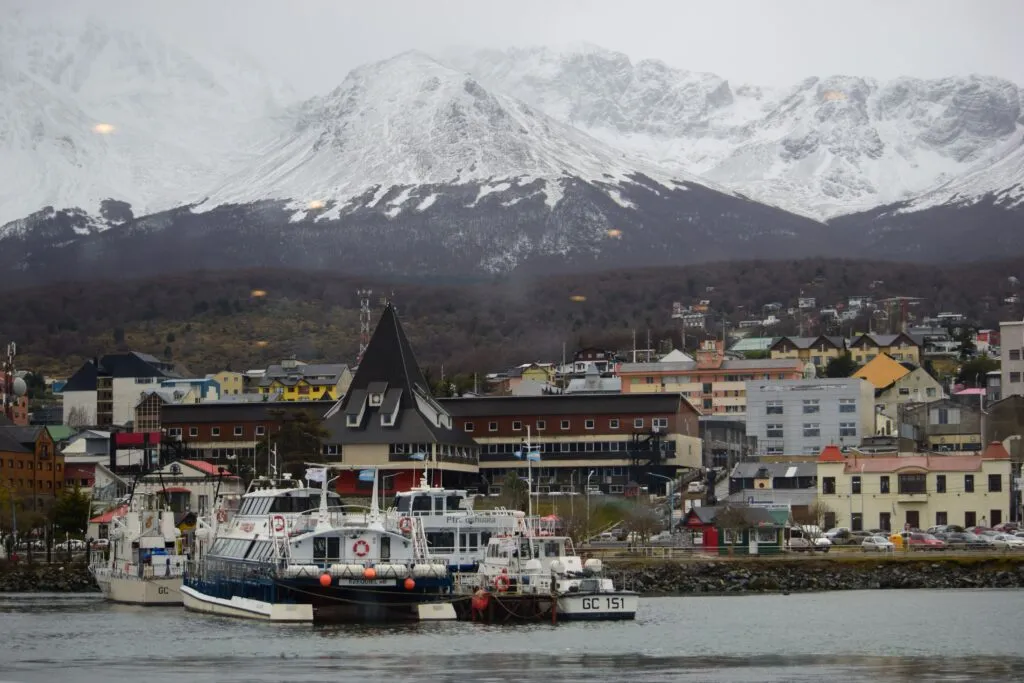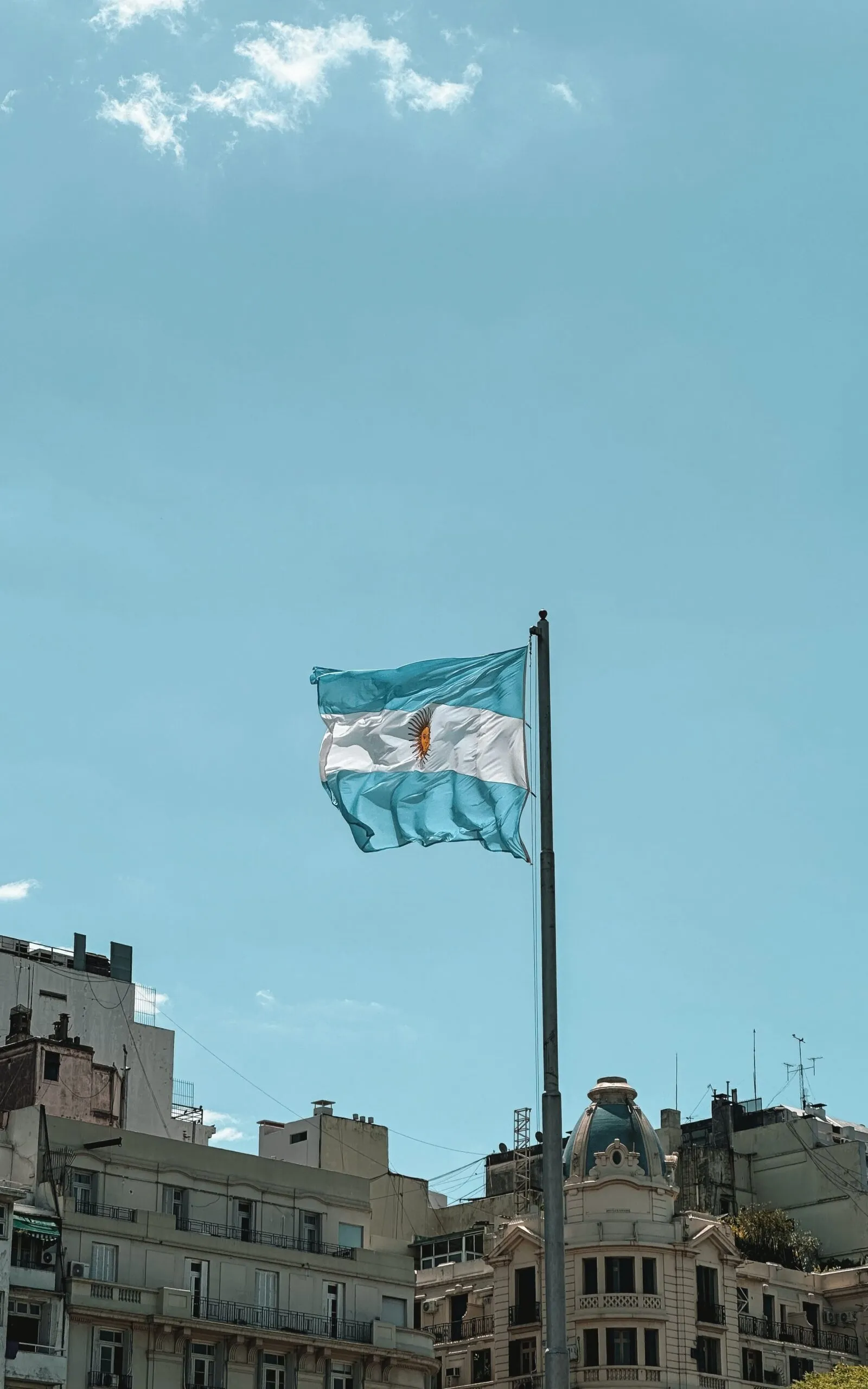Provinces
Argentina is a federal nation consisting of twenty-three provinces and one autonomous city, Buenos Aires. Provinces are further divided into departments and municipalities, except for Buenos Aires Province, which is divided into partidos. The city of Buenos Aires is divided into communes.
Provinces possess all powers not delegated to the federal government, and they must adhere to the principles of a representative republic without contradicting the Constitution. They enjoy full autonomy, including the ability to establish their own constitutions, organize local governments, and manage their natural and financial resources. Some provinces have bicameral legislatures, while others have unicameral ones.

Travel within Argentina offers an incredible array of landscapes and experiences. From the bustling city life of Buenos Aires, with its rich history, tango culture, and culinary delights, to the breathtaking natural wonders like the Iguazú Falls in Misiones Province or the Andes Mountains that border Chile, there is something for every traveler. Patagonia’s wind-swept plains and glaciers provide opportunities for hiking and exploring, while the wine regions of Mendoza and Salta invite visitors to indulge in local flavors.
Several provinces gained their statehood in the 1950s, including La Pampa and Chaco in 1951, Misiones in 1953, and Formosa, Neuquén, Río Negro, Chubut, and Santa Cruz in 1955. The last national territory, Tierra del Fuego, became the Tierra del Fuego, Antártida e Islas del Atlántico Sur Province in 1990, with three components: the Argentine part of Tierra del Fuego, an area of Antarctica claimed by Argentina, and the disputed British Overseas Territories of the Falkland Islands and South Georgia and the South Sandwich Islands.
Foreign relations
The Ministry of Foreign Affairs, International Trade, and Worship is responsible for handling foreign policy, reporting to the President. Argentina is considered a significant global economy, being part of the G-15 and G-20 major economies, and holds membership in key international organizations such as the UN, WBG, WTO, and OAS.
In 2012, Argentina was re-elected to a two-year non-permanent position on the United Nations Security Council and actively participates in peacekeeping operations in various regions. It is regarded as a middle power.
As a prominent player in Latin America and the Southern Cone, Argentina played a founding role in OEI and CELAC and is a founding member of the Mercosur trade bloc, which includes Brazil, Paraguay, Uruguay, and Venezuela as partners. The country emphasizes its role in Latin American integration, making the bloc its primary international priority.
Argentina asserts a territorial claim of 965,597 km2 in Antarctica, where it has maintained a state presence since 1904, alongside claims by Chile and the United Kingdom.
All such claims are governed by the provisions of the 1961 Antarctic Treaty, of which Argentina is a founding signatory and permanent consulting member, with the Antarctic Treaty Secretariat headquartered in Buenos Aires.
Argentina also disputes sovereignty over the Falkland Islands (Islas Malvinas), South Georgia, and the South Sandwich Islands, which are administered by the United Kingdom as Overseas Territories. The country is a party to the Rome Statute of the International Criminal Court and has been a Major non-NATO ally since 1998. Moreover, Argentina has become an OECD candidate country since January 2022.
Travel in Argentina
Tourism is a flourishing industry in Argentina, attracting millions of visitors each year. The country’s diverse geography, ranging from tropical rainforests to arid deserts and snow-capped mountains, makes it a prime destination for outdoor enthusiasts.

Travelers can explore the vibrant arts scene in Buenos Aires, visit historical sites like the colonial town of Salta, or engage in adventure sports like skiing in Bariloche or horseback riding in the Pampas. Argentina’s cuisine, notably its world-famous beef and Malbec wine, is another highlight for visitors.
Well-developed transportation networks make travel between provinces relatively easy, with domestic flights, long-distance buses, and trains offering various options. Local customs, festivals, and traditions further enrich the travel experience, making Argentina a must-visit destination in South America.
